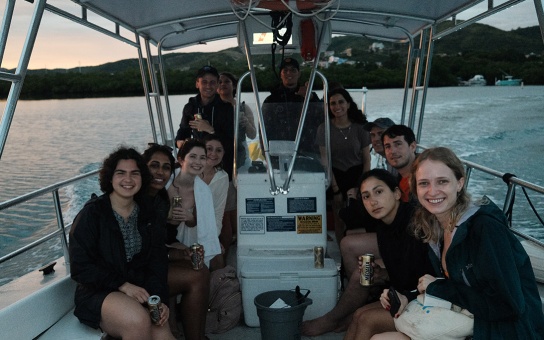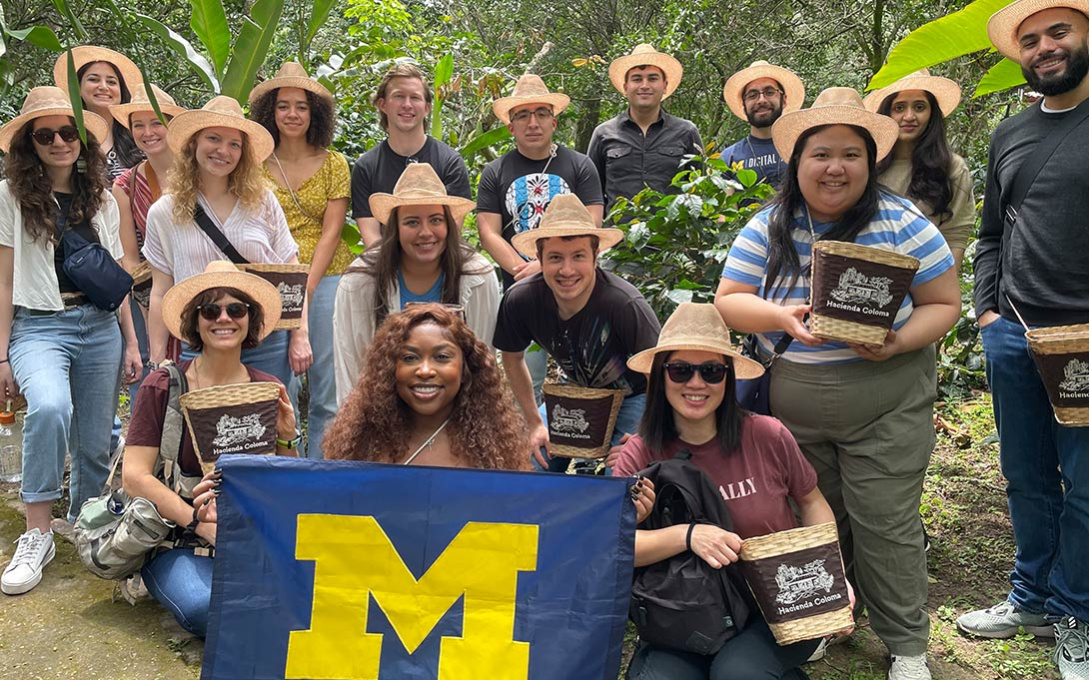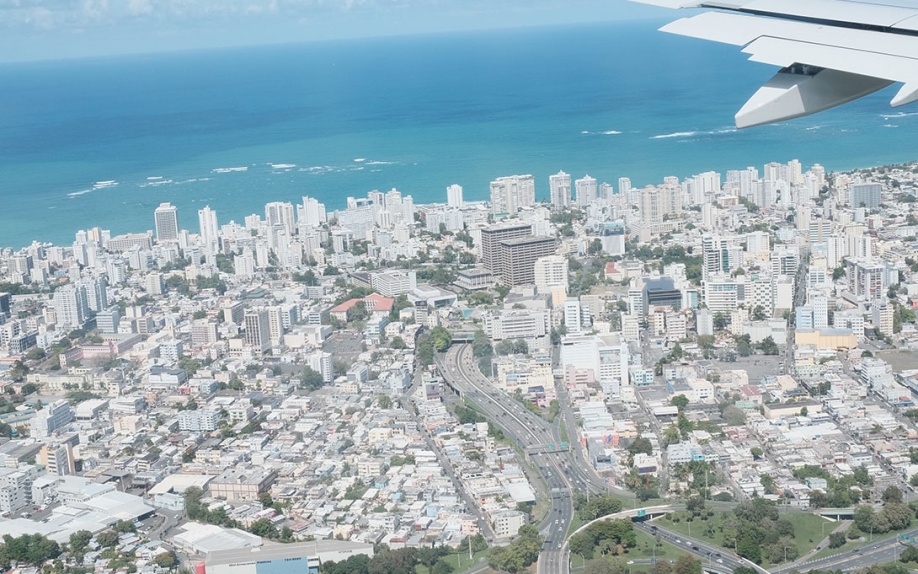-
- 2024: Colombia
- 2023: Chile
- 2022: Puerto Rico
- 2020: Colombia
- 2019: Morocco
- 2018: Senegal
- 2017: Greece
- 2016: Cuba
- 2015: Brazil
- 2014: Myanmar
- 2013: Cape Verde
- 2012: Colombia (photo set)
- 2011: Grenada
- 2010: Philippines (Article: IEDP Celebrates Ten Years of Student Immersion)
- 2009: Senegal
- 2008: Jordan
- 2007: Peru
- 2006: China
- 2005: Ethiopia
- 2004: Cuba
- 2003: Morocco
- 2002: Venezuela
- 2001: Czech Republic
- 2000: Costa Rica
International Economic Development Program (IEDP)
IEDP students take a seven-week course and a week-long trip to a selected country.
Learn from and engage with international policymakers
The International Economic Development Program (IEDP) was established in 1999 by the International Policy Student Association (IPSA) with support and strategic guidance from the late Professor Katherine Terrell. It is a three-credit academic program that serves as an opportunity for graduate students to learn about a different country’s policy contexts through both classroom and in-person experiences. Students learn directly from policy professionals working on today’s critical challenges in a chosen country.

IEDP students are competitively selected to enroll in a seven-week course and a week-long trip to the selected country. During the seven-week course, students explore the country’s history, current social and economic policies, and future policy goals and priorities. While abroad, students learn about the practical realities and impacts associated with a given policy’s design and/or implementation from groups and individuals with relevant knowledge, lived experience and expertise. Ultimately, IEDP fosters participants' abilities to engage in both international and domestic policy work in the future.
Learn more at the International Policy Center (IPC).

